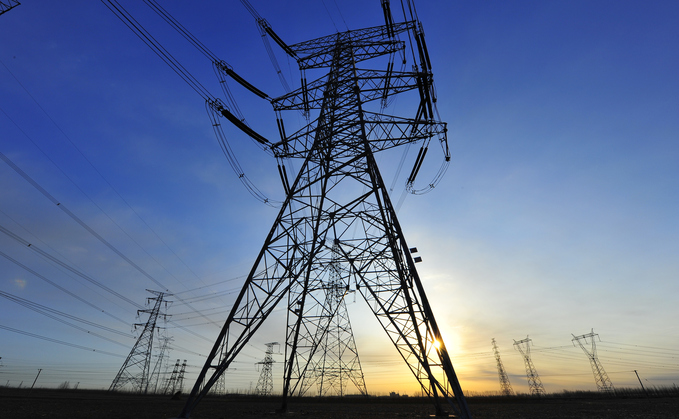
Infrastructure remains of heightened interest to investors amid high inflation, slowing growth and a strengthening outlook for infrastructure spending following the passage of the US Inflation Reduction Act1. We sat down briefly with Portfolio Manager Nick Langley, Clearbridge Investments, a specialized investment manager from Franklin Templeton, to get his thoughts on long-term opportunities in the space.
Growth is slowing, inflation is stubbornly high, and rates are rising globally. Is it too late for investors contemplating an investment in listed infrastructure?
Nick Langley: No, it is not too late and for several reasons. First, public policy: You always want to invest alongside public policy. Energy security is driving policy right now, and a significant amount of infrastructure will need to be built to attain energy security. High gas prices and supply constraints brought on by the Russia/Ukraine war have highlighted the importance of energy investment and energy security.
Second, fiscal policy. Don't fight fiscal policy. Invest where the government money is going. The US Inflation Reduction Act, signed into law on August 16, 2022, is the most significant climate legislation in U.S. history and we believe this is going to be industry transformative. From an economic perspective there is no reason to build anything other than renewables from now on. Much of this is due to tax credits. Production tax credits for solar/wind are available until 2032 or until a 75% reduction in greenhouse gases is achieved (based off 2022 numbers). Either way, this is expected to be a tailwind for investment for well over a decade.
Third, because of secular growth. The dire need for infrastructure spending underpins growth for the next decade and beyond. President Biden wants to reduce emissions in the US by 50% by 2030, with roughly half of US power coming from solar plants by 2050. It will take nearly $320 billion invested in electricity transmission infrastructure by 2030 to meet net zero by 2050.
Why does so much money need to be invested in infrastructure?
Nick Langley: There are several drivers for infrastructure investment, beginning with electrification. By 2050 we'll be generating at least 2x the electricity in total as today, which means we'll need more power sources and expanded transmission. Adding two electric vehicles to a service territory is the equivalent of adding another house. So, by 2030 the US needs to extend the transmission network by 60% in terms of gigawatt miles and will need to triple it by 2050 in order to meet net zero.
Overall, at least $2.5 trillion incremental dollars need to be deployed by 2030 to reach net zero by 2050.
What do higher bond yields mean for the infrastructure space?
Nick Langley: In the private markets, investors are buying infrastructure at higher prices, and they feel comfortable doing so because the mark-to-model valuation process leads to lower volatility in the return profile, as assets are revalued every year or so.
To the extent that we enter an environment of higher bond yields in the future, the result would be a higher cost of capital and a higher discount rate, and the unlisted assets will be marked down over time. This realization has led to the recognition of devaluation in the unlisted space over time.
As a result, investors may turn to the listed market, which has historically provided a lower-volatility offering, and should continue to, in our view, with efficient market valuations that could be more attractive relative to their unlisted peers.
Investing in infrastructure: why now?
- The Inflation Reduction Act was signed into law by US President Joe Biden on August 16, 2022. The Act aims to curb inflation by reducing the deficit, lowering prescription drug prices, and investing into domestic energy production while promoting clean energy.
This post is funded by Franklin Templeton













